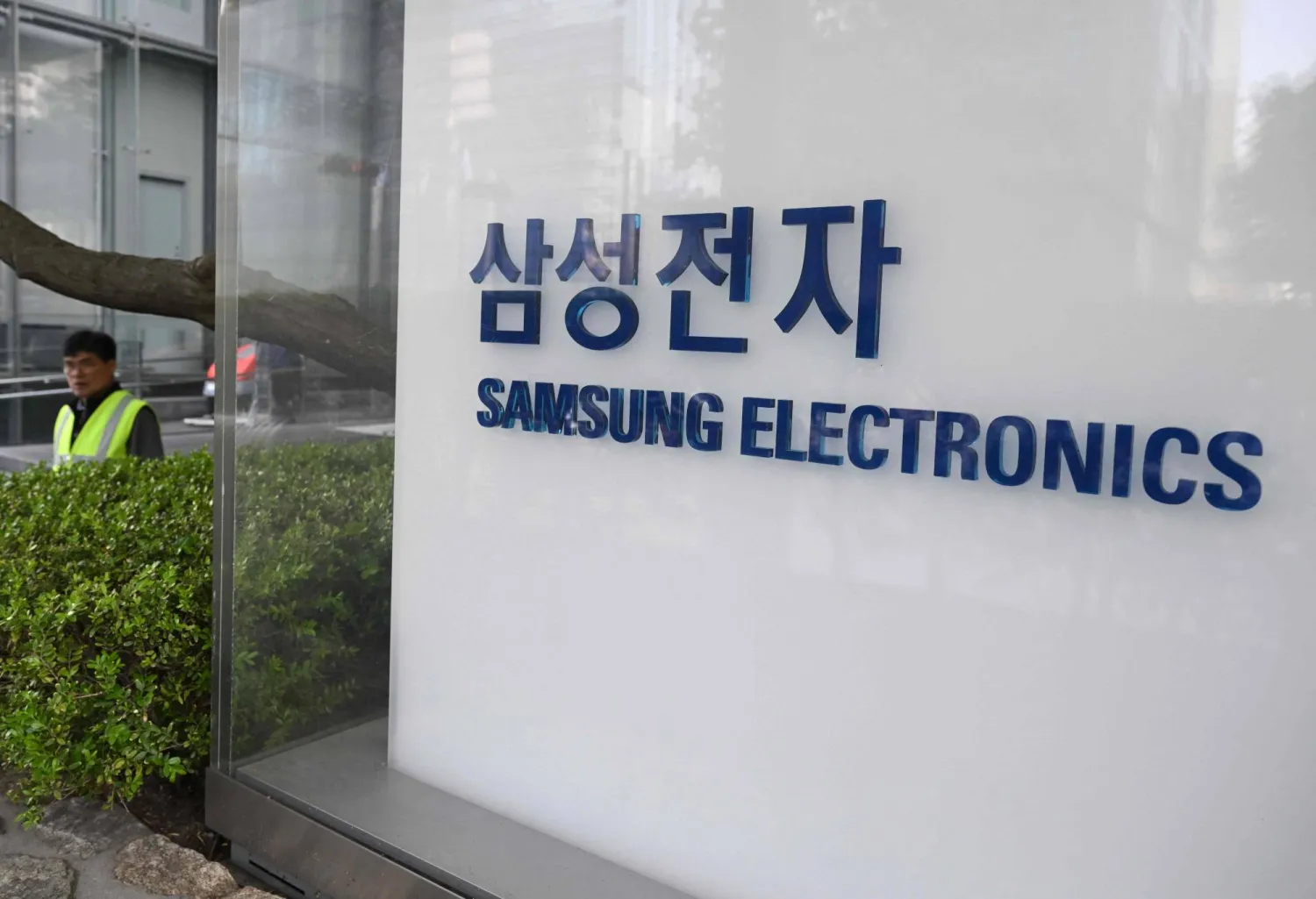Samsung Electronics issued a warning about increasing global trade uncertainties, noting that U.S. tariffs could dampen demand for products like smartphones and complicate future performance forecasting. The company anticipates greater volatility in its semiconductor division throughout the year and expects smartphone shipments to decline in the second quarter. These concerns follow a wave of businesses revising forecasts amid global tariff tensions, particularly after General Motors pulled its annual guidance. Despite these headwinds, Samsung reported an operating profit of 6.7 trillion won ($4.68 billion) for the first quarter ending in March, a modest 1.2% increase from the previous year, aligning with prior guidance.
The performance was supported by customers accelerating purchases of smartphones and commodity chips in anticipation of higher prices, which helped offset underwhelming results in Samsung’s artificial intelligence chip business. However, the company remains cautious about the rest of the year, pointing to ongoing threats from steep U.S. tariffs on Chinese goods and tightening AI chip export restrictions. These trade policies directly impact key Samsung products such as memory chips and displays, particularly as China remains its largest market. The “reciprocal” tariffs, largely paused until July, could extend to countries like Vietnam and South Korea, where Samsung manufactures critical components.
In response, Samsung is considering shifting its production of televisions and home appliances to minimize tariff exposure. Although chip demand is projected to stay strong in the second quarter due to AI server growth and continued pre-tariff stockpiling, the company warned that this frontloading may reduce demand in the latter half of the year. Executives acknowledged the growing uncertainty, citing tariff developments and expanded export controls on AI technologies as key risk factors. Still, there was some optimism that performance might recover in the second half of the year, assuming a stabilization in trade policy.
The mobile division stood out with a 23% jump in operating profit to 4.3 trillion won, its best performance in four years, driven by strong sales of the latest Galaxy S model featuring AI functions. Despite this, the semiconductor division suffered a 42% decline in profit to 1.1 trillion won, hurt by reduced sales of High Bandwidth Memory used in AI processors, with export controls playing a key role. Samsung has begun supplying samples of its upgraded HBM3E chips and expects a gradual recovery in sales, although it trails competitor SK Hynix in the high-performance AI chip market.
READ MORE:
